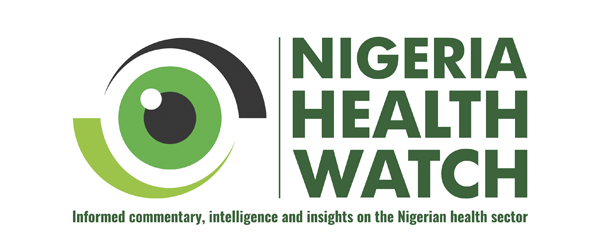
Nigeria Health Watch has revealed plans to hold the 2023 Nutrition Policy Dialogue on June 23, 2023, aiming to bring together key stakeholders from the public sector, civil society organisations and the private sector.
During a press conference in Abuja, the managing director of Nigeria Health Watch, Mrs. Vivian Ihekweazu stated that the dialogue would shed light on various issues affecting public health in Nigeria. The event will facilitate discussions on potential solutions and opportunities for progress while generating actionable recommendations for policy implementation.
With the theme “Strengthening Nutrition Outcomes in the Face of Climate Change,” the dialogue intends to foster collaboration among government bodies such as the ministries of health, agriculture, and environment, as well as academia, research institutions, development organisations, civil society, nutrition commodity manufacturers and marketers, relevant groups, associations and healthcare providers.
Ihekweazu emphasised the significance of multi-stakeholder and multi-sectoral collaboration in understanding the intricate linkages between climate change, food security and nutrition. She noted that hunger and malnutrition pose significant challenges to achieving Sustainable Development goals 2 (zero hunger) and 3 (good health and well-being) by 2030. A healthy and well-nourished population is crucial for a productive economy.
Highlighting the severity of the issue, Ihekweazu stated that 1 in 10 children in Nigeria dies from hunger before the age of five. She quoted the Food and Agriculture Organisation of the United Nations (FAO), which defines food insecurity as the lack of regular access to safe and nutritious food necessary for normal growth, development and a healthy lifestyle. Climatic extremes like drought, poverty, and conflict are major drivers of food insecurity, making it even more critical to address the impact of climate change on food production.
Ihekweazu explained that climate change has the potential to hinder progress in achieving a world without hunger and malnutrition due to its influence on key variables like rainfall, temperature and humidity, which directly affect food production. Therefore, countries must implement strategies to ensure resilient food production systems that contribute to improved nutrition for the population.
In Nigeria, the National Climate Change Act supports the adoption of measures aimed at mitigating the effects of climate change on food production. Additionally, direct nutrition interventions play a vital role in reducing vulnerability and building resilience to the consequences of climate change. The Nutrition Policy Dialogue will serve as a platform for stakeholders to collectively address these challenges and work towards a more secure and sustainable future for nutrition in Nigeria.

